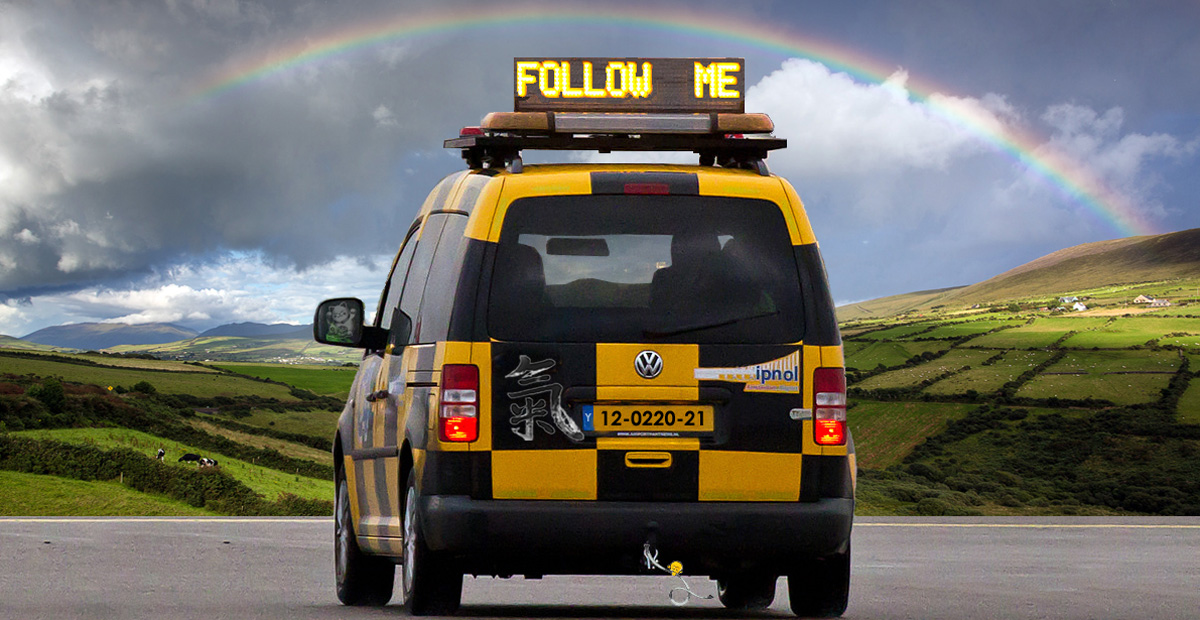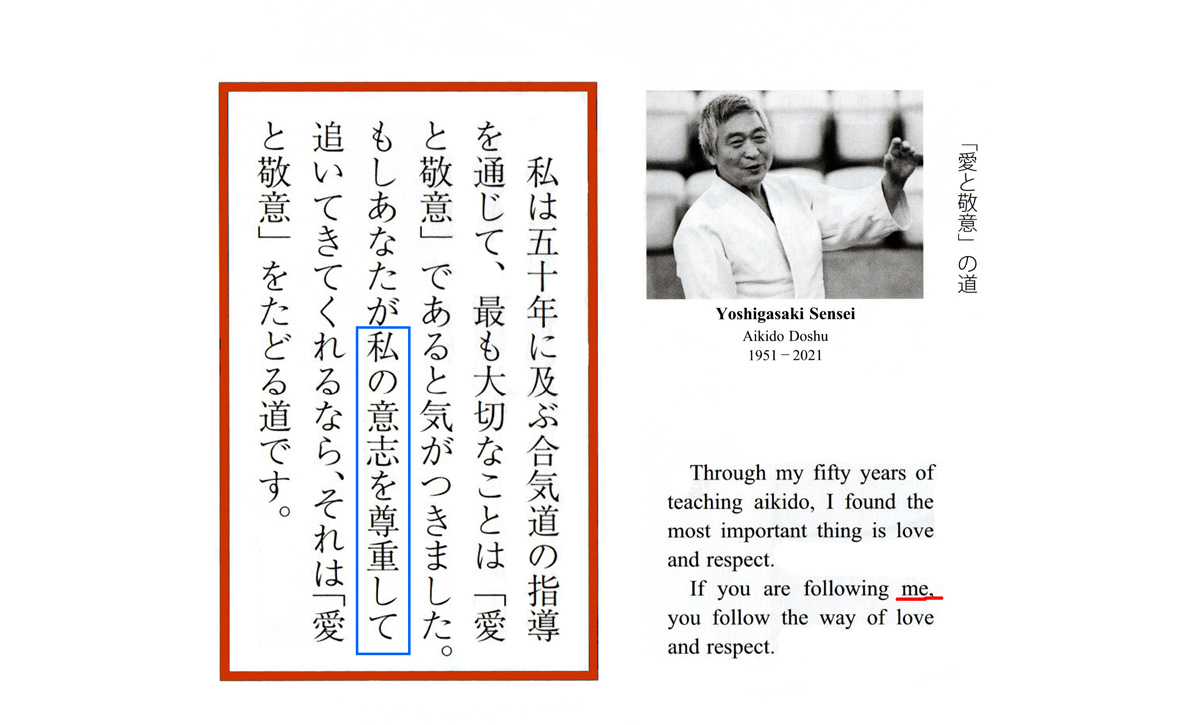
Follow me
There are follow-me vehicles at airports that guide arriving planes to the gate or departing planes to the runway.
To "follow" you need a "leader". In history, these were usually military leaders or religious leaders who the masses wanted or had to follow. In the Third Reich, there was the slogan: "Leader, we follow you."
If someone says "follow me", you should definitely be cautious.


